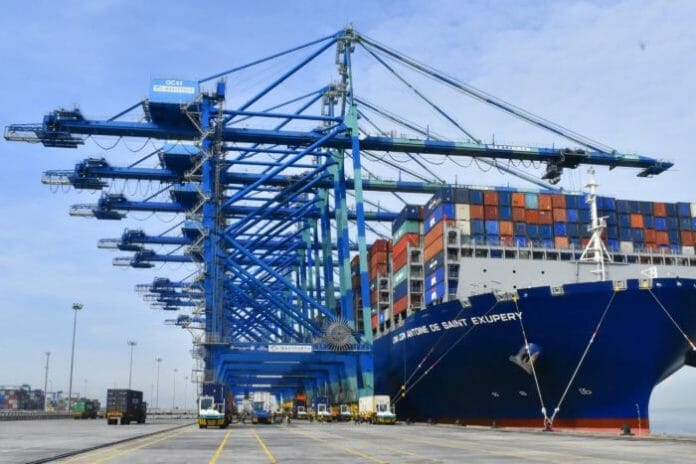The Central Bank released the most anticipated quarterly GDP figures today, indicating that the Malaysian economy had expanded by 3% in the fourth quarter of 2023(3Q 2023: 3.3%; 2Q 2023: 2.9%) with household spending remained supported by improving labour market conditions and easing cost pressures.
Unemployment rate declined to the pre-pandemic level of 3.3% while the labour force participation rate was at a historic high in 2023. Meanwhile, growth in investment activity was underpinned by the progressive realisation of multi-year
projects and capacity expansion by firms. Exports, however, remained subdued due to prolonged weakness in external demand amid stronger imports. On the supply side, there was a broad-based expansion. The commodities sector grew.
This was supported by higher oil and gas production as well as expansion in the agriculture sector amid improved labour supply. The services and construction sectors continued to expand. The manufacturing sector remained soft from continued weakness in the electrical and electronics industry. In terms of monthly GDP, December recorded a growth of 1.4%, lower than November (3.8%) and October (3.9%), attributed mainly to the shorter school holiday period during the month and weaker export-oriented manufacturing sector. On a quarter-on-quarter seasonally-adjusted basis, the economy contracted by 2.1% (3Q 2023: +2.6%).
Overall, the 2023 growth for the Malaysian economy normalised to 3.7%, following a strong growth registered in the previous year (2022: 8.7%). BNM said growth moderated amid a challenging external environment, due mainly to
slower global trade, the global tech downcycle, geopolitical tensions and tighter monetary policies. On the domestic front, despite the lapse of large policy support provided as the economy started to open up in 2022, the continued recovery in economic activity and labour market conditions supported growth in
In addition, the solid growth performance of the economy is reinforced by a resilient external position. Despite the challenging external environment, the current account surplus for the year 2023 was sustained at 1.2% of GDP, supported by a diversified export structure across market and product. The strength in external position is also reflected in the external debt, which declined to 68.2% of GDP in 2023 (3Q 2023: 69%), and a higher net international investment position at 6.6% of GDP in 2023 (3Q 2023: 5.2%). Importantly, the external debt remains manageable given the favourable maturity and currency profiles. One-third of the external debt is denominated in ringgit, limiting currency risk, while around 70% of debt have medium and longer-term tenures.
Headline inflation continued to decline to 1.6% during the quarter (3Q 2023: 2%). The downward trend was contributed by the moderation in fresh food inflation (4Q 2023: 0.5%; 3Q 2023: 1.9%) and core inflation (2%; 3Q 2023: 2.5%). The lower core inflation was largely driven by an easing n services sub-segments, including food away from home and repair and
maintenance of personal transport.
Moving forward, Malaysia’s growth to improve due to resilient domestic expenditure and recovery in external demand Growth in 2024 will be driven by resilient domestic expenditure and improvement in external demand. On the external front, the IMF is projecting a rebound in global trade growth from 0.4% in 2023 to 3.3% in 2024.
In 2024, BNM expects inflation is expected to remain modest, broadly reflecting stable cost and demand conditions. However, it said inflation outlook remains highly subject to changes to domestic policy on subsidies and price controls, as well as global commodity prices and financial market developments.









